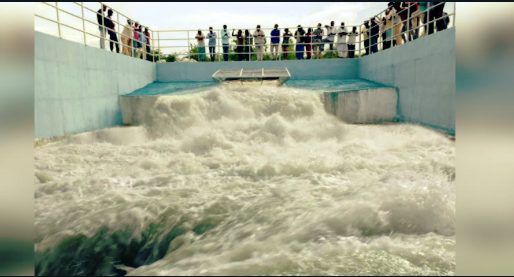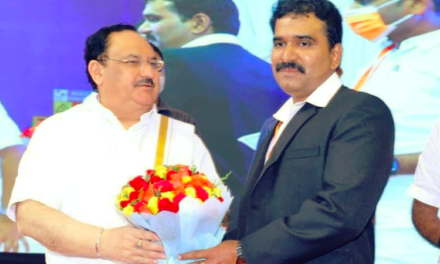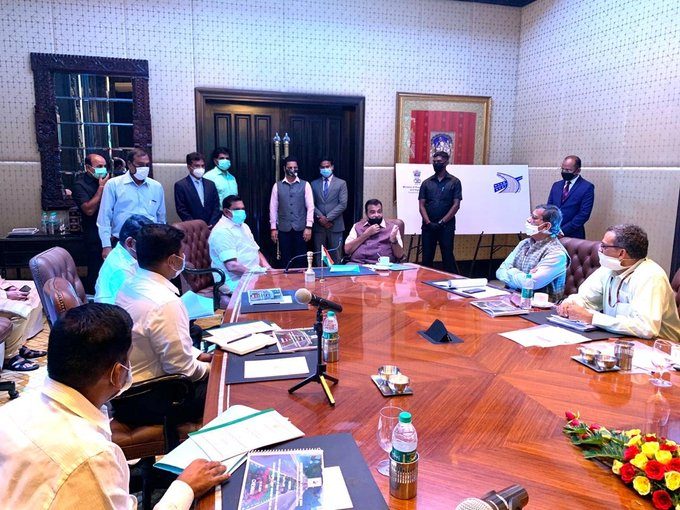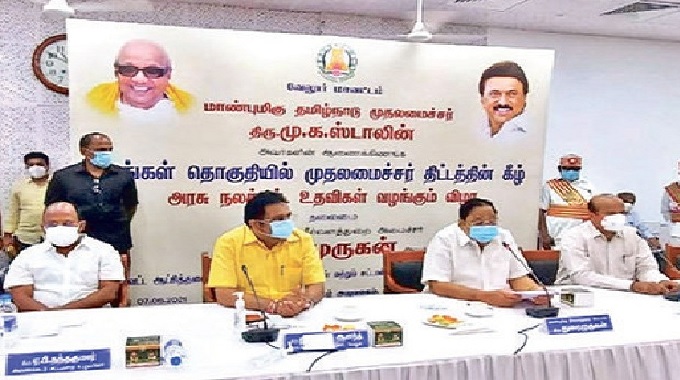In its affidavit before the Supreme Court, Tamil Nadu said, Karnataka – by supplying treated sewage water to fill 126 tanks in Kolar district – would expand its irrigation capacity in the guise of increasing the depleting groundwater table.
Objecting to the Koramangala-Challaghatta (KC) valley project, where Karnataka is supplying treated water to lakes in Kolar district, Tamil Nadu said as per the Supreme Court judgement on Cauvery delivered on February 16, 2018, the treated sewage generated from water supply to Bengaluru city has to flow back to Cauvery river.
Tamil Nadu has filed its affidavit regarding the Pennar and Palar river water sharing dispute between Karnataka, Andhra Pradesh, Tamil Nadu and Puducherry.
Earlier, Karnataka said in the Supreme Court that the state need not take permission from the lower-riparian state to take up any project within its territory.
“In the guise of utilising sewage water, the KC valley scheme provides for pumping surplus water of Varthur tank to a series of tanks in Kolar district for increasing the utilisation and thus preventing the surplus of Varthur tank flowing to Pennar river. It is another device for increasing the irrigation and other new uses,” Tamil Nadu said.
Opposing Karnataka’s plan to build a check dam at Markandeya reservoir in Malur of Kolar district, Tamil Nadu said since the project would obstruct the flow of water in Pennar river in Tamil Nadu, Karnataka should take permission from the Central Water Commission and low-riparian states for the project.
The yield generated in the catchment area of Pennar basin in Karnataka is about 7.42 tmc ft. It is partly stored in the tanks and the rest flows to the Pennar river. With more than five of its districts depending on Pennar river water, construction of dam at Markandeya reservoir would jeopardise the supply of water, Tamil Nadu said.









